In 1981, it was estimated that there were 242 mountain gorillas living in the Virunga mountains in Rwanda. Virunga is one of only two wild populations of these animals on Earth—the other is in Bwindi Impenetrable National Park in Uganda.
Dian Fossey worked in the wild with gorillas for about twenty years. She expanded our understanding of the animals and worked hard to protect them. (Getty Embed)
Back then, activists like the world-famous Dian Fossey were convinced that mountain gorillas would be extinct by the year 2000. Poaching, disease, habitat loss, and other factors were killing these apes. It just seemed like it was a matter of time.
And yet, here we are in 2018. The mountain gorilla is still alive. And not only that, but according to the Dian Fossey Gorilla Fund, decades of conservation efforts have brought the population in Virunga up to 604. When combined with those living in Uganda, researchers feel that the global numbers are now around 1000.
Slow and steady
The rangers of Virunga Park put their own lives at risk to help mountain gorillas survive. (Getty Embed)
To be certain, 1000 mountain gorillas is not a high number. These animals are still seen as critically endangered. But the fact that the number has been going up steadily over the past couple of decades says a lot about the power of conservation. It works!
“Today’s announcement represents a huge success for conservation at a time when such success stories are increasingly rare," said Dr. Tara Stoinski, President and CEO of the Fossey Fund in a statement on their website. "All those working to protect mountain gorillas—the governments of Rwanda, Uganda and DR Congo; conservation organizations; and local communities—have a lot to be proud of.”
Which is true! If governments, activists, national parks, and people work together, there's a chance that animals can be saved from extinction.
Far from over
Even an animal as mighty as a gorilla needs protection. (Getty Embed)
Of course, the fight to make the mountain gorilla population stable again is far from over. The threats to these animals haven't gone anywhere. And because gorilla families grow at a fairly slow rate, this will always take plenty of patience and dedication.
But the Fossey Fund used this moment of good news to announce the expansion of their facilities for these apes in Rwanda. A new conservation centre is being built there, called the Ellen Degeneres Campus. It will be the new home for the Karaoke Research Centre, which conducts the organization's research, strategies, and training for protecting mountain gorillas.
Thanks to their efforts, we hope to never see a world without gorillas. What a happy thought!
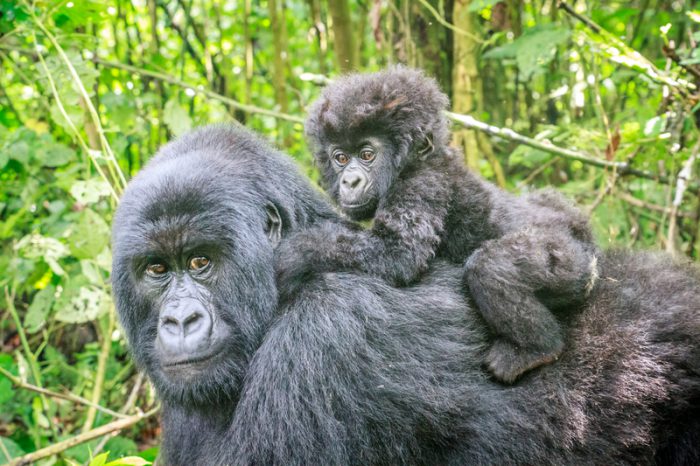 The road back for mountain gorillas like these two hasn't been easy. (© Simon Eeman | Dreamstime.com)
The road back for mountain gorillas like these two hasn't been easy. (© Simon Eeman | Dreamstime.com)
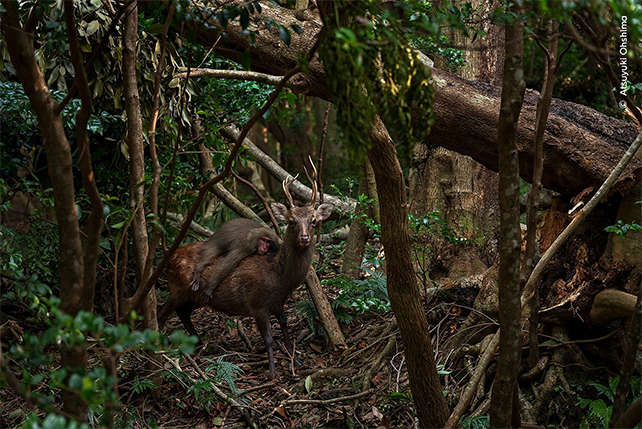
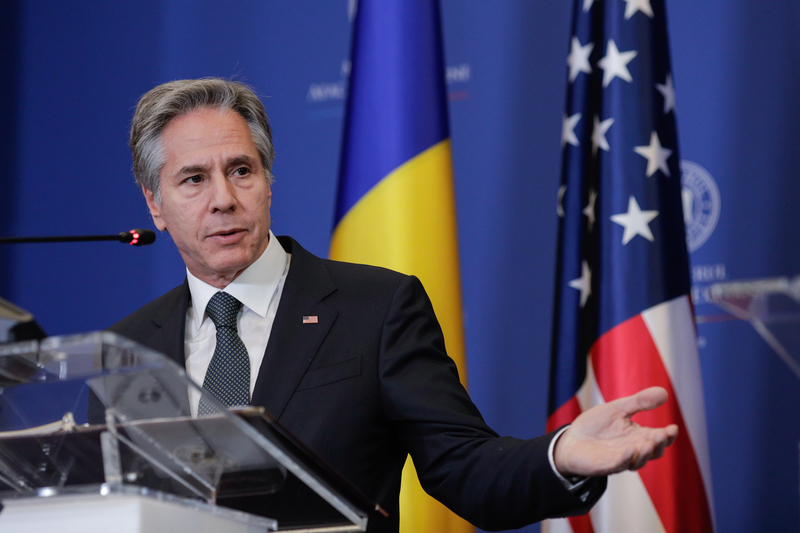

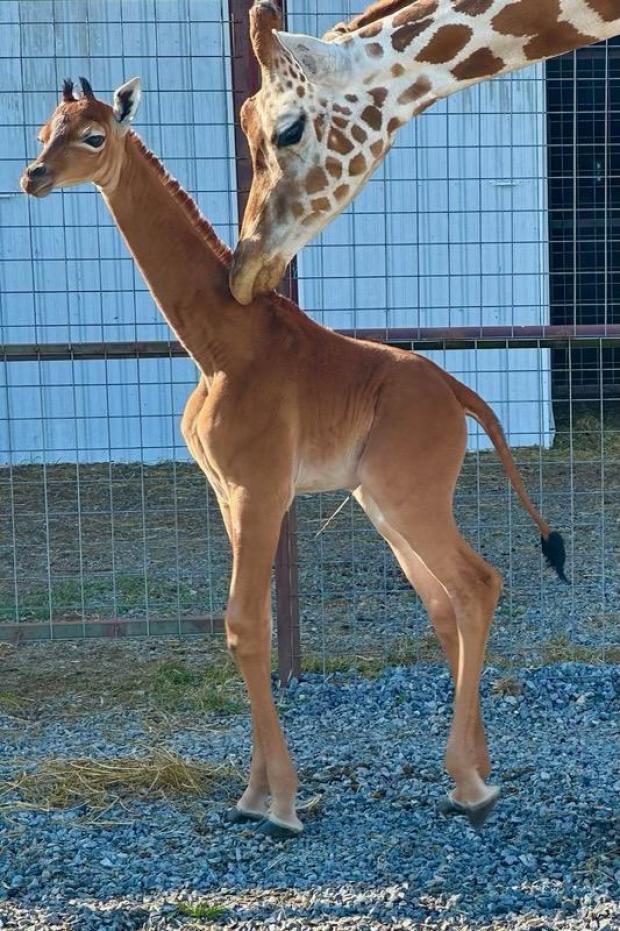

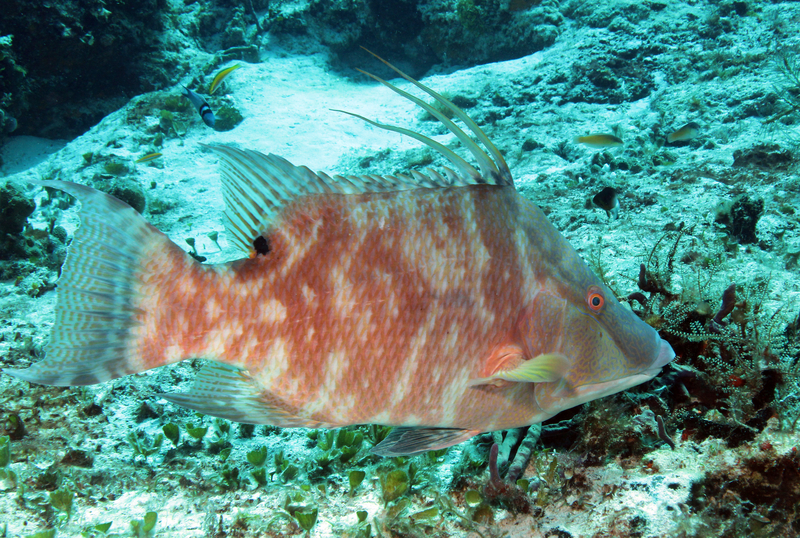

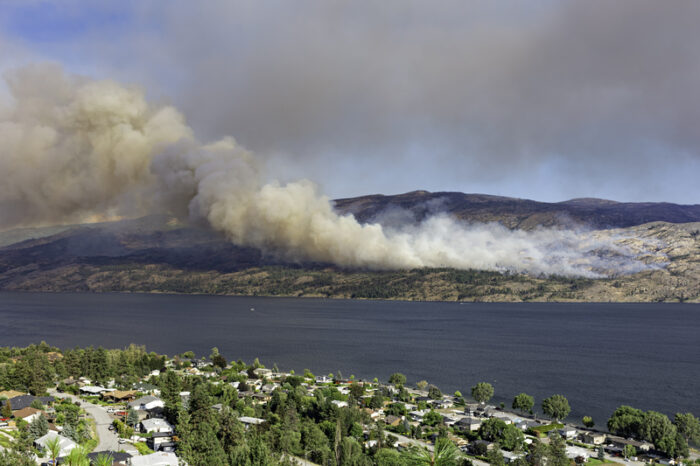

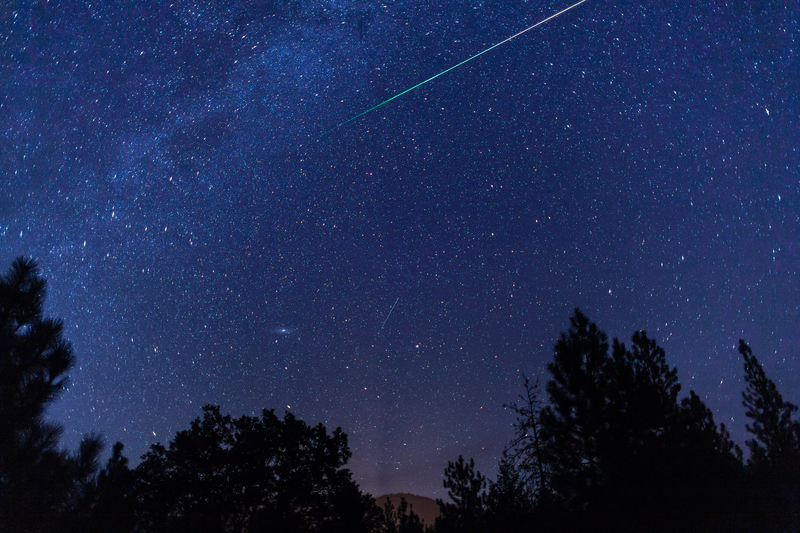
How did they get endangered in the first place?
Gorillas are peaceful. Children the Gorillas Riding On Gorillas. Gorillas eating grass. I am happy that there are more gorillas protected in the forest. I am happy that they are not extinct.
gorillas